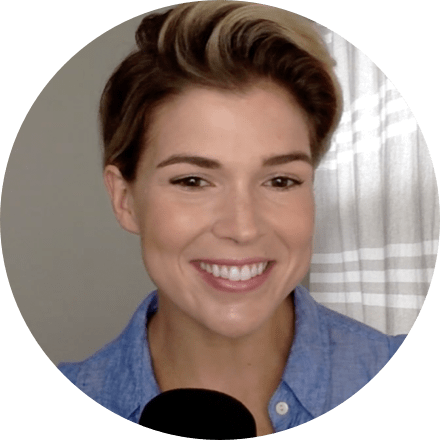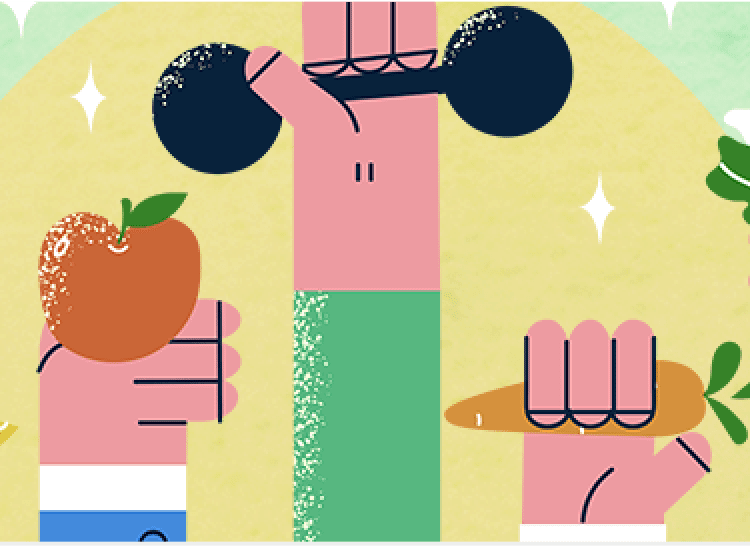Building Body Awareness
Uncommon Lungs: Beyond the Episode
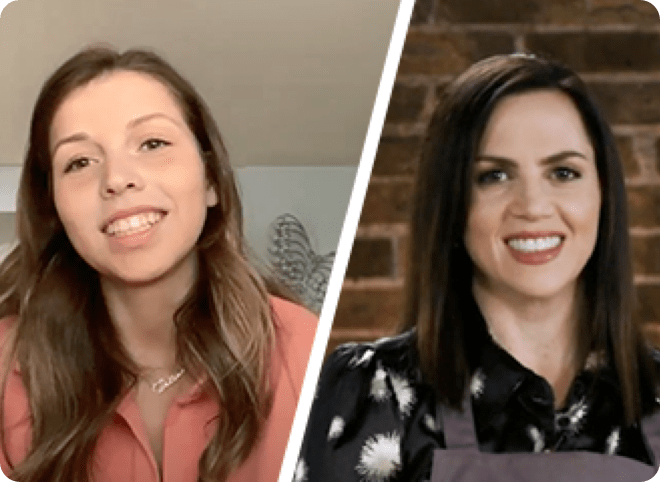
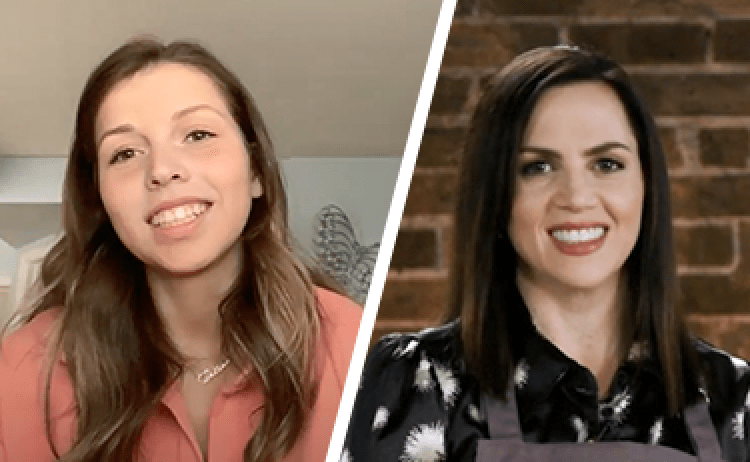
When you have a chronic illness, your body is constantly under observation. Belle talks through her relationship with her body and how her experience as a student athlete has affected that relationship. Dietitian Molly provides a few methods for listening to your body and making sure it’s getting the nutrition it needs.
Remember, everyone’s experience with cystic fibrosis (CF) is different. It’s important to work with your care team to navigate your specific needs throughout different stages of your life.
How do you keep yourself nourished and energized throughout your busy days with school and practice? Does diet play a big role?
Belle: I've learned to listen to my body when it comes to food. If there's something that I'm craving, that's what I'll have. And if I need to improve that meal to better fuel my body for being a college athlete, that's something that I have to adjust to. Getting back into a heavy exercise routine has taught me that I need to make improvements to my eating decisions that will fuel myself for practice and for games. If I really want avocado toast in the morning after I lift, that's what I'm going to go get. And I'll have a protein milk with it or something else that I know will add more nutritional value, and keep my body the healthiest that it can be.
How has your relationship with your body changed since becoming a college athlete?
Belle: I feel like growing up I was a lot more insecure than I am now. I mean, that's just part of growing up—learning about your body and learning to like your body. I had a feeding tube since I was in second grade and it was always my biggest insecurity. As I got older and I started to understand more that it is a tool that keeps me healthy, I started to embrace it. But I feel like it was a very difficult thing for me for a long time.
I feel like as I've gotten older and been in college, I’ve struggled less than I did in high school. I just surround myself with people who are encouraging about their bodies and about my body, and it really helps me feel good about myself. My teammates really just help keep my confidence up and my coaches are always willing to help me. And lifting and gaining muscle were all good things that really boosted my confidence.
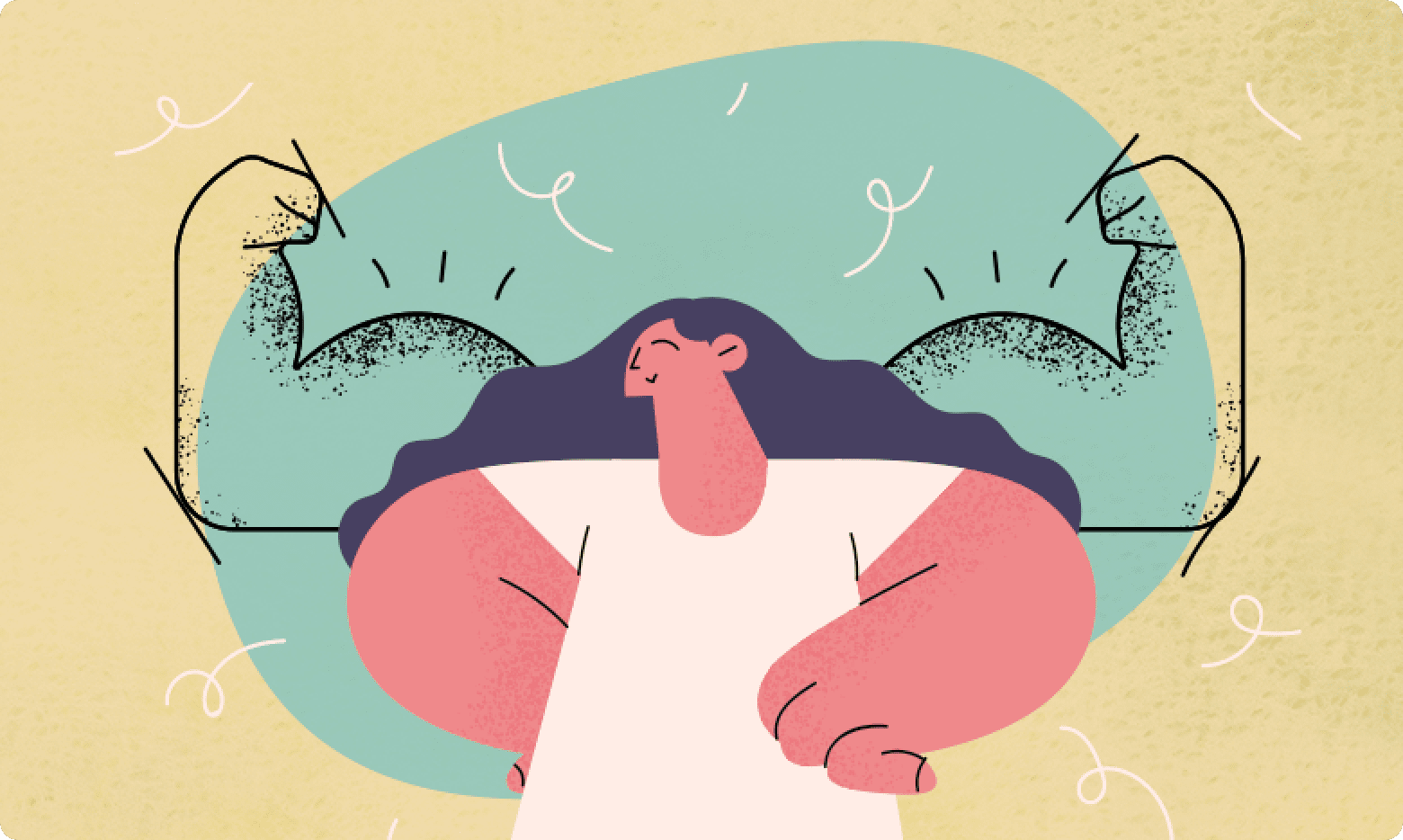
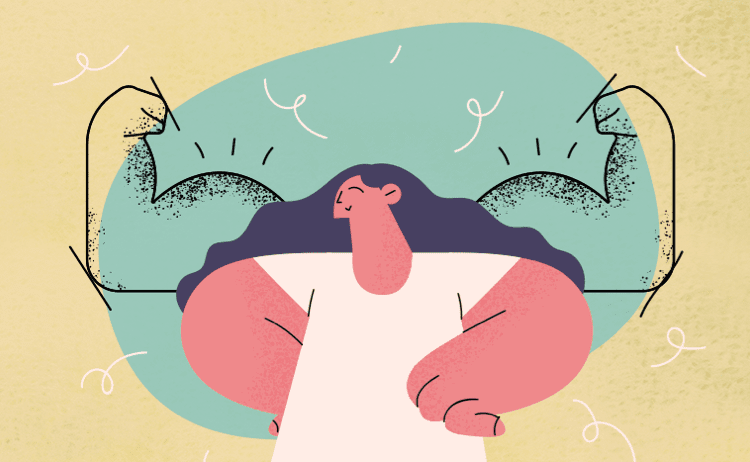
How was it decided that you needed a feeding tube?
Belle: When I was eight years old, my doctors started discussing with my mom that a feeding tube would help me and it would make our day to day a lot less difficult. I was always someone who gave my parents a hard time when I was eating. They'd leave me at the table and be like, “Belle, just please eat your dinner.” I didn't understand why it was so important. Ultimately, they decided to place a feeding tube, and I remember it being very traumatic for me. It was just something that made me uncomfortable. It's something that I'm very grateful for and it kept me healthy for so many years. But in order for me to feel my most confident self personally, I wanted it out.
What led to your feeding tube's removal?
Belle: Last year, I lived by myself at college for the first time, and it was the first time I was buying my own groceries and I had a car to go out and get food. And my weight started to go up finally. I gained 10 pounds last summer and my doctor mentioned that maybe it was time to start thinking about removing the feeding tube. But before that could happen, he wanted to see how I could manage a full lacrosse season. We had a pretty intense season last fall, but I was able to maintain my weight. And after the season, I finally got the tube out.
How have you figured out how to balance how much you need to eat with how much you’re exercising?
Belle: I had to learn how to pick things that I knew I liked and then add value to them, like something that I knew had more calories and carbs. Because carbs are important when you're playing sports and you're being athletic. I’ve also learned how to make things that I knew were easy and could fuel my body.

“It goes both ways—me being encouraging and positive about my body can help [others] as much as them being positive about their body can help me.”
– Belle, college athlete living with CF
What would your advice be to someone with CF who's going through body changes like you have?
Belle: I feel like when your body drastically changes very fast, it's kind of scary. It makes you a little nervous because with CF, as fast as you gain weight, you can also lose it. I was just trying to be comfortable with myself, reminding myself that although I weighed more than I'd ever weighed in my life, it was a good thing. Take your time and make sure you're doing it in a way that's healthy.
What else do you do to feel good in your body?
Belle: I feel like I surround myself with people who make me confident and make me comfortable. Having people who are encouraging to you and encouraging to your journey are very important. And it goes both ways—me being encouraging and positive about my body can help them as much as them being positive about their body can help me.
What are your thoughts on social media as far as how it relates to body image?
Belle: Going on social media, I feel like my biggest downfall was comparing myself to myself from the past, whether it was a couple of weeks ago or a couple of months ago. But just reminding myself that I'm healthy and I’m taking care of my body was the most important part.
And thankfully, the CF community on social media is amazing and very encouraging. Posting about my feeding tube coming out and having them all share it was very encouraging to me. And, becoming an athlete has been encouraging to younger kids. Having the ability to change how people think of how CF patients participate in sports and participate in activities and being a source of that encouragement is really cool for me.


Expert perspective with Molly, a dietitian
Can you explain what intuitive eating is, especially for people with CF?
Molly: Intuitive eating is really like mindful eating—really paying attention to your hunger and fullness levels. Eating when you're hungry, stopping when you're full. When kids with CF are growing up, the emphasis is a lot on their weight, because it is important for lung function and growth.
But instead of pushing somebody to reach certain weight goals, I really try to instill good body image in them. I would never go into a patient visit with an agenda of telling them they need to gain or lose weight. It's so important to meet a patient where they're at. It's so important for patients to advocate for themselves as far as their goals. I think that that really helps patients feel like they're in control of their own health and they get to eat what they want to eat. And it really helps their body image, too.


